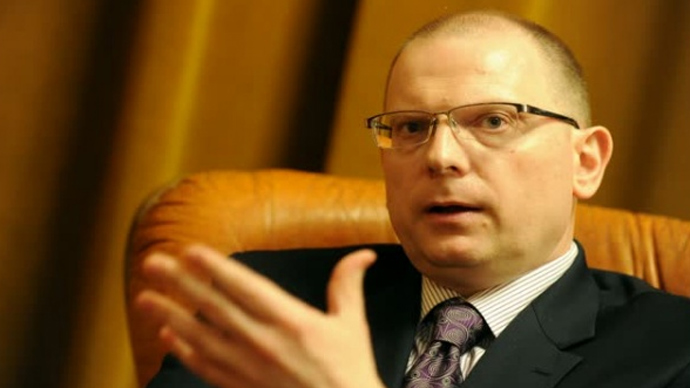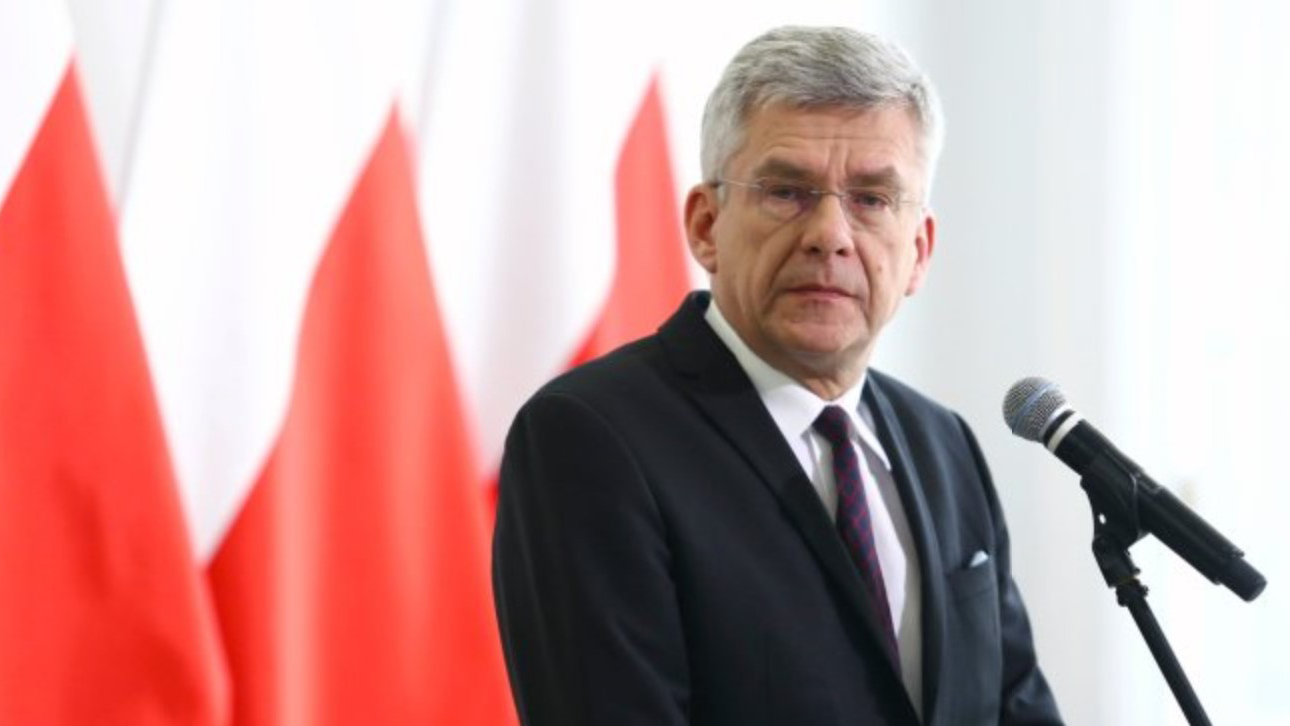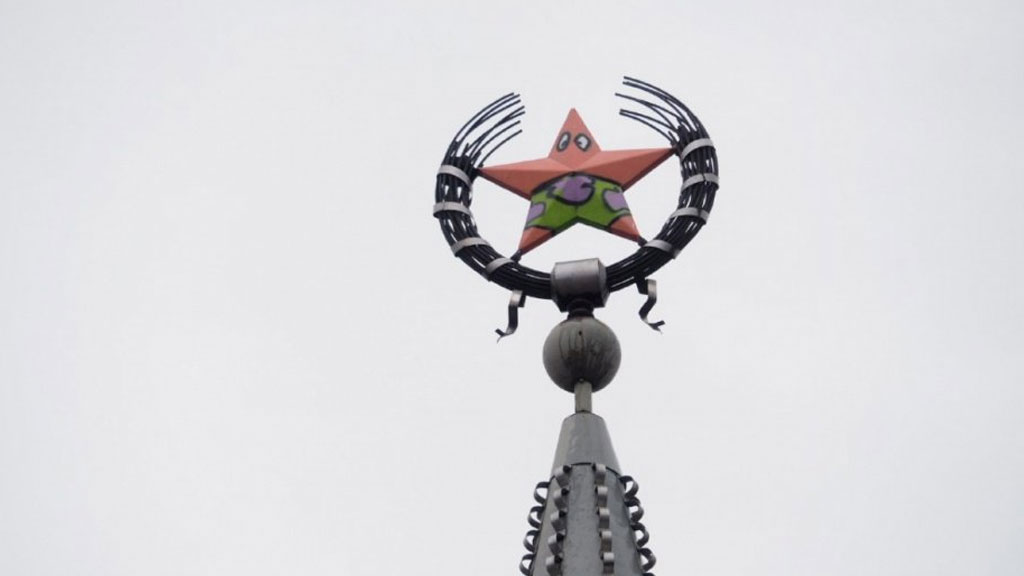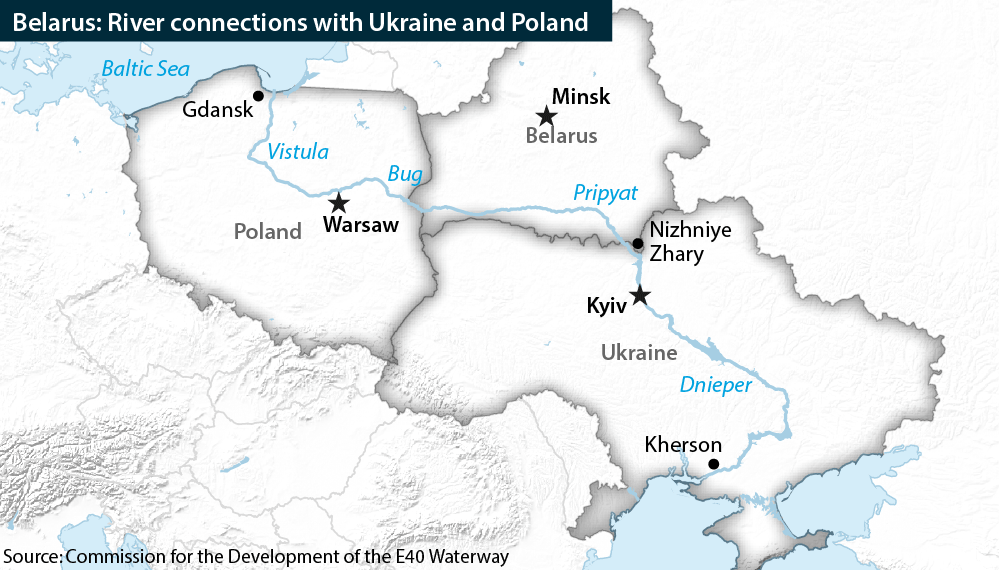The Ministry of Foreign Affairs of the Russian Federation has called for the protection of the rights of the Russian-speaking population in the Baltic States.
The Russian Ministry Commissioner for Human Rights, Democracy and the Rule of Law, Konstantin Dolgov, has appealed to the international community to protect the rights of Russian speakers in Latvia and Estonia. He made his announcement at the regional conference of Russian compatriots of Latvia, Lithuania and Estonia on September 13, reports Ukrainska Pravda, September 15.
"We will not tolerate the creeping attack on the Russian language that we observe in the Baltic States. We consider the well-known steps by the governments of Latvia and Estonia aimed at the infringement of the status and position of the Russian language a gross violation of human rights," Dolgov declared.
Dolgov added that he considers unacceptable the fact that representatives of national minorities in the Baltic States are not able to use their own language in topographical names.
"More than 50% of the population residing in the largest Latvian cities are Russian in their ethnic composition. This is a glaring example of the flagrant trampling of human rights in the heart of civilized Europe," Dolgov said.
Dolgov also expressed concern about the growth of neo-Nazi and xenophobic sentiments in Europe, citing the example of events in Ukraine after the "anti-constitutional coup" and the "armed seizure of power."
"The position taken by Ukrainian ultra-radicals and neo-Nazis on building an 'ethnically pure' Ukrainian state has always been clear. This is confirmed by many concrete facts and evidence, (as outlined) in two editions of the "White Book" that we have prepared on Ukraine," he said. (Russia's Foreign Ministry has published two editions of its "White Book" on "the most heinous human rights violations perpetrated by Kyiv in Ukraine's east" -- Ed.)





